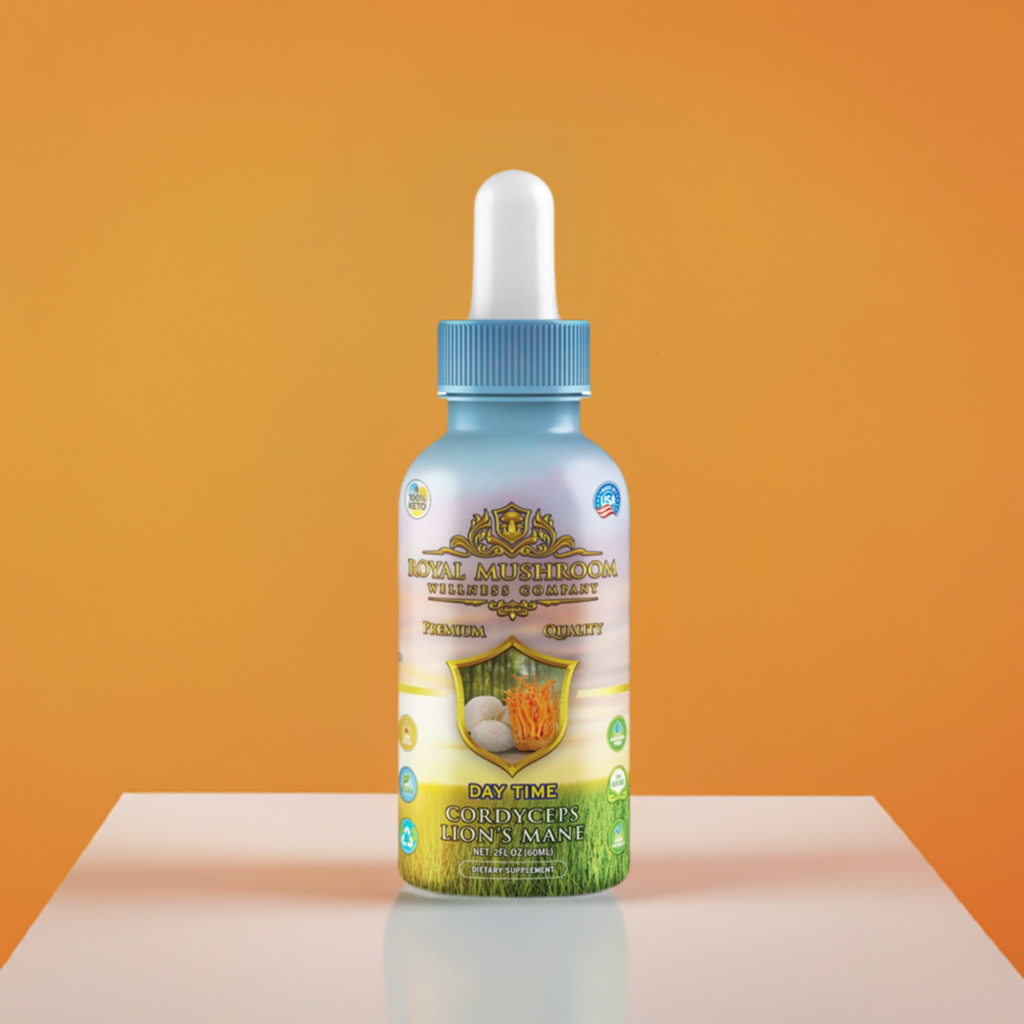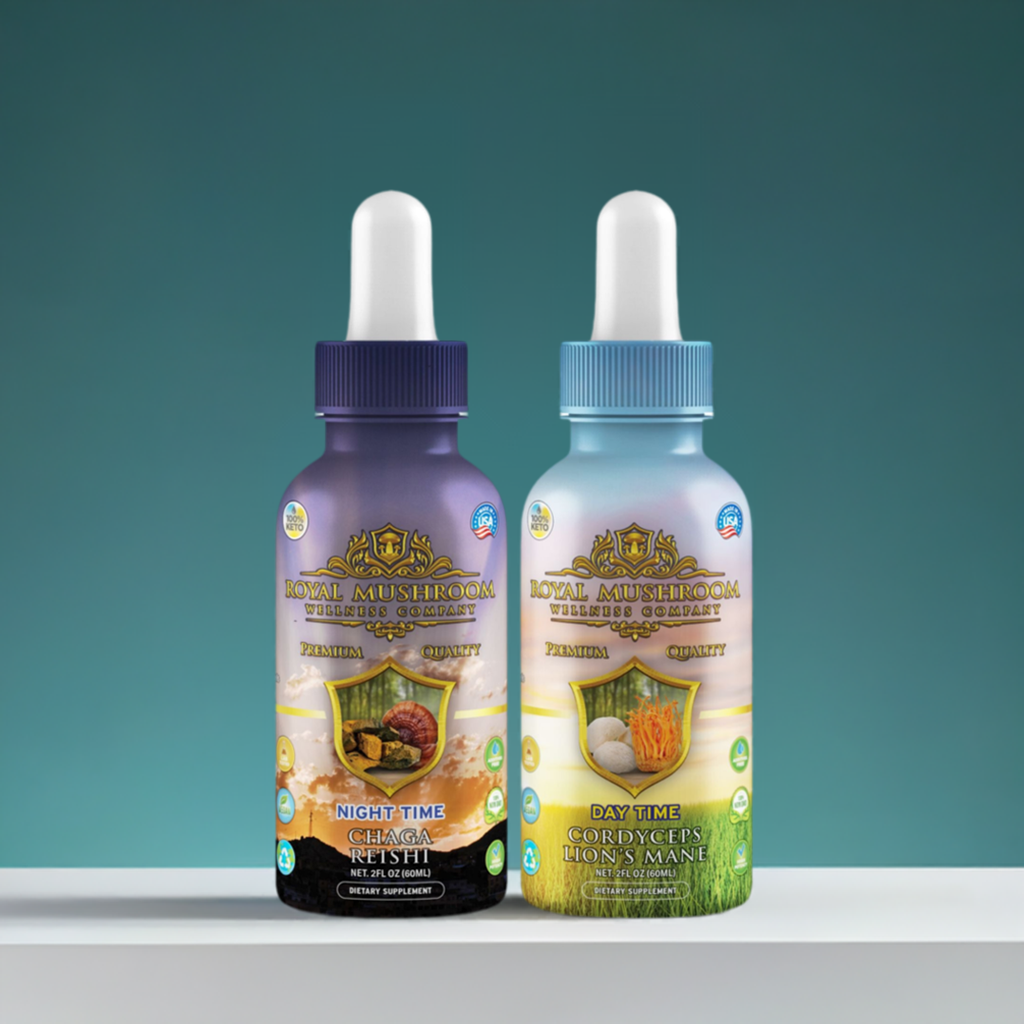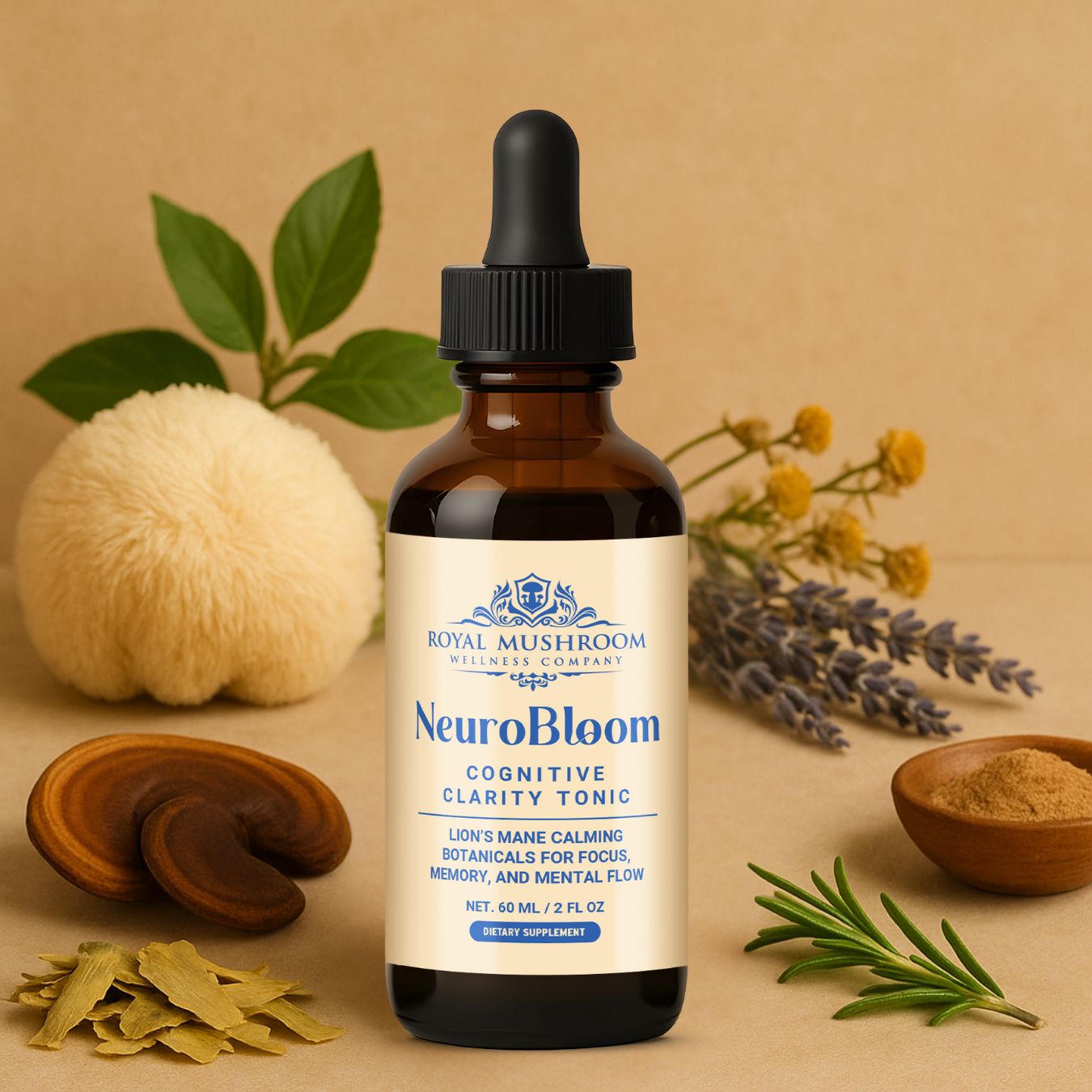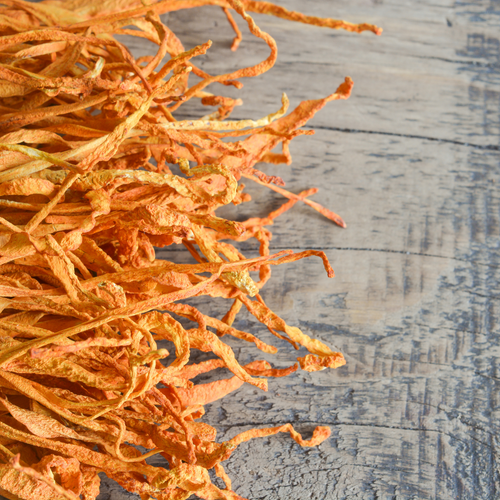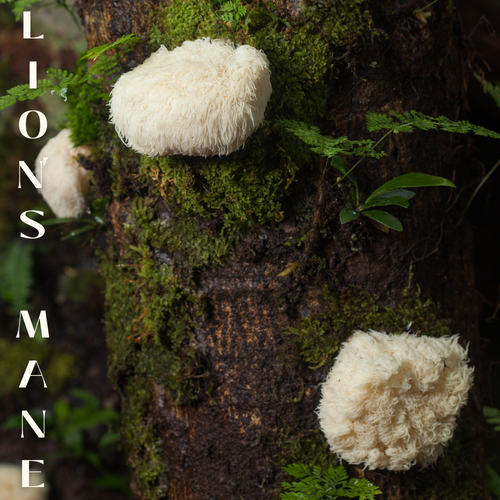What is Lion’s Mane Mushroom?
Lion’s Mane Mushroom (Hericium erinaceus) is a shaggy, white mushroom resembling a lion’s mane, renowned for its medicinal properties. For centuries, it has been a staple in traditional medicine across Asia, where it’s celebrated for its benefits to the brain, nervous system, immune health, and digestion.
This powerful mushroom is rich in bioactive compounds such as hericenones, erinacines, and polysaccharides, which are responsible for its health benefits. Whether you're looking to boost cognitive function, reduce inflammation, or promote nerve repair, lion’s mane may be your go-to natural remedy.

Lion’s Mane and Brain Health
Improving Memory and Focus
Lion’s mane is often referred to as a natural nootropic for its ability to enhance brain health. Research shows that it can:
- Improve memory: Its compounds stimulate the production of nerve growth factor (NGF), essential for maintaining healthy brain cells.
- Boost concentration: Lion’s mane reduces brain fog and enhances focus, making it ideal for students and professionals.
- Prevent cognitive decline: Preliminary studies suggest it may reduce the risk of neurodegenerative diseases like Alzheimer’s. See study on Lion’s Mane and cognitive improvement.
Supporting Neurogenesis
Lion’s mane promotes neurogenesis, the growth and repair of neurons. By stimulating NGF production, it aids in the repair of damaged nerve cells, ensuring the brain remains sharp and functional.
How Lion’s Mane Supports the Nervous System
The nervous system relies on healthy myelin sheaths (the protective covering around nerves) to function properly. Lion’s mane supports the regeneration of these sheaths, making it an excellent supplement for nerve repair and protection.
Key Benefits for the Nervous System:
- Nerve repair: Lion’s mane may accelerate recovery in individuals suffering from nerve damage or neuropathy.
- Neuroprotection: It guards against damage to nerve cells, which can occur due to aging or injury.
- Nerve-related conditions: Studies suggest it could benefit those with conditions like multiple sclerosis and spinal cord injuries.
Immune and Gut Health Benefits
Lion’s mane isn’t just good for the brain—it also enhances immune function and promotes a healthy gut.
Immune Support
The polysaccharides in lion’s mane stimulate the production of immune cells, improving the body’s ability to fight off infections and illnesses. It also acts as an adaptogenic mushroom, helping to reduce stress and support overall wellness.
Gut Health
Lion’s mane’s anti-inflammatory properties soothe the digestive system, making it useful for:
- Reducing gut inflammation: Helpful for conditions like irritable bowel syndrome (IBS).
- Supporting a healthy microbiome: Encourages the growth of beneficial gut bacteria.
Best Ways to Use Lion’s Mane
Lion’s mane is available in several forms, each with unique benefits:
| Form | Best For | Details |
|---|---|---|
| Gummies | Convenience | Pre-measured and easy to include in a daily routine. |
| Powders | Customizable Dosages | Can be added to smoothies, coffee, or recipes. |
| Liquid Extracts | High Potency | Concentrated and quickly absorbed for targeted health benefits. |
Dosage Recommendations:
- General health: 500-1,000 mg daily
- Cognitive support: 1,000-2,000 mg daily
- Nerve repair: Higher doses (2,000-3,000 mg) may be beneficial under medical supervision.
Scientific Evidence and Clinical Studies
Clinical Evidence Supporting Lion’s Mane Benefits
Scientific studies back many of lion’s mane’s health claims. Some highlights include:
- Brain Health: A 16-week study showed improved cognitive function in participants taking lion’s mane supplements. Read the study.
- Nerve Repair: Research indicates that lion’s mane promotes nerve regeneration, aiding in recovery from injuries.
- Anti-inflammatory Properties: Evidence supports its ability to reduce inflammation markers in the body, benefiting conditions like arthritis.
Chart: Lion’s Mane Bioactive Compounds and Benefits
| Compound | Health Benefit |
|---|---|
| Hericenones | Stimulates NGF production |
| Erinacines | Promotes neurogenesis |
| Polysaccharides | Boosts immune function |
| Beta-Glucans | Reduces inflammation |
FAQs About Lion’s Mane Mushroom
1. Does lion’s mane improve memory?
Yes, lion’s mane promotes neurogenesis, which enhances memory and cognitive function. It is particularly beneficial for combating brain fog and memory decline.
2. Can lion’s mane reduce inflammation?
Absolutely. Lion’s mane contains polysaccharides and beta-glucans, which have powerful anti-inflammatory effects.
3. How does lion’s mane help with stress and anxiety?
Lion’s mane acts as an adaptogen, regulating stress responses and promoting relaxation. It may help alleviate symptoms of anxiety and depression.
4. How should I take lion’s mane for the best results?
For general health, 500-1,000 mg daily is sufficient. For specific conditions like nerve repair, consult a healthcare professional for higher doses.
Is Lion’s Mane Right for You?
Lion’s mane mushroom offers a plethora of health benefits, from boosting brain function and repairing nerves to supporting the immune system and promoting gut health. Its versatility as a natural nootropic and adaptogen makes it a valuable addition to your wellness routine.
If you’re ready to experience the benefits of lion’s mane for yourself, consider incorporating it into your daily routine through capsules, powders, or extracts. Always consult your doctor before starting a new supplement, especially if you have underlying health conditions.




